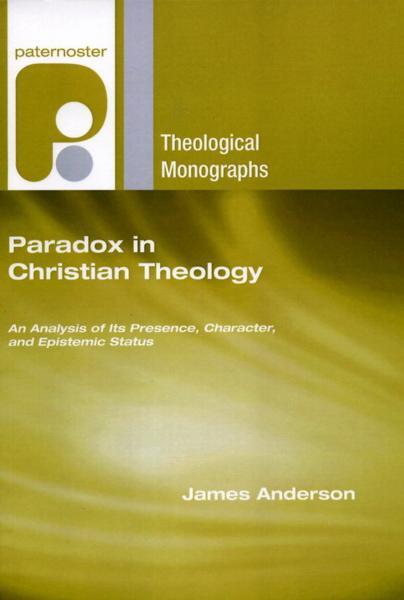
Product Details
- Cover Type:
- Publisher: Wipf and Stock
- ISBN: SANDERJAPARADOXINCHRISTIANTH9781556352713
Paradox in Christian Theology: An Analysis of Its Presence, Character, and Epistemic Status (Paternoster Theological Monographs
Books at a Glance
Does traditional Christianity involve paradoxical doctrines, that is, doctrines that present the appearance (at least) of logical inconsistency? If so, what is the nature of these paradoxes and why do they arise? What is the relationship between "paradox" and "mystery" in theological theorizing? And what are the implications for the rationality, or otherwise, of orthodox Christian beliefs? In 'Paradox in Christian Theology', James Anderson argues that the doctrines of the Trinity and the incarnation, as derived from Scripture and formulated in the ecumenical creeds, are indeed paradoxical. But this conclusion, he contends, need not imply that Christians who believe these doctrines are irrational in doing so. In support of this claim, Anderson develops and defends a model of understanding paradoxical Christian doctrines according to which the presence of such doctrines is unsurprising and adherence to paradoxical doctrines cannot be considered as a serious intellectual obstacle to belief in Christianity. The case presented in this book has significant implications for the practice of systematic theology, biblical exegesis, and Christian apologetics.
Endorsements (${ productEndorsements.length })
Product Description
Books at a Glance
Does traditional Christianity involve paradoxical doctrines, that is, doctrines that present the appearance (at least) of logical inconsistency? If so, what is the nature of these paradoxes and why do they arise? What is the relationship between "paradox" and "mystery" in theological theorizing? And what are the implications for the rationality, or otherwise, of orthodox Christian beliefs? In 'Paradox in Christian Theology', James Anderson argues that the doctrines of the Trinity and the incarnation, as derived from Scripture and formulated in the ecumenical creeds, are indeed paradoxical. But this conclusion, he contends, need not imply that Christians who believe these doctrines are irrational in doing so. In support of this claim, Anderson develops and defends a model of understanding paradoxical Christian doctrines according to which the presence of such doctrines is unsurprising and adherence to paradoxical doctrines cannot be considered as a serious intellectual obstacle to belief in Christianity. The case presented in this book has significant implications for the practice of systematic theology, biblical exegesis, and Christian apologetics.
About The Author
Product Details
- Cover Type:
- Publisher: Wipf and Stock
- ISBN: SANDERJAPARADOXINCHRISTIANTH9781556352713
